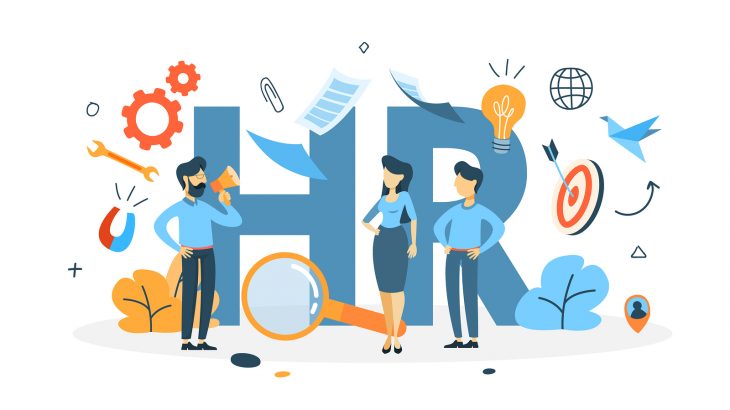Most start-ups begin small – often as sole proprietorships or partnerships where the founders handle every task themselves. But as a company grows, it inevitably needs more hands to manage daily operations, coordinate projects, and oversee employees. This is where a Human Resources (HR) department becomes essential. A well-structured HR department not only supports the workforce but also plays a strategic role in driving an organization’s long-term success.
Also Read: Global Professional in Human Resources
Recruiting the Right Talent
One of the most visible and impactful functions of HR is recruitment. HR professionals are responsible for attracting, screening, and hiring the best candidates to meet an organization’s evolving needs. This process often includes reviewing resumes, conducting interviews, and attending job fairs. By ensuring that only qualified and culturally aligned individuals join the company, HR helps build a strong foundation for productivity and growth.
Hiring the right people doesn’t just fill positions – it shapes the company’s future.
Managing Compensation and Benefits
HR departments also handle employee compensation, benefits, and payroll management. They ensure that salaries are distributed accurately and on time, and that employees understand their benefits packages, such as health insurance, retirement plans, and paid leave.
When employees face confusion about pay or benefits – like an insurance claim or paycheck discrepancy – the HR department steps in to resolve it promptly. Clear communication and efficient problem-solving by HR foster trust, satisfaction, and loyalty among employees. Conversely, poor handling of such issues can lower morale and productivity.
Minimizing Workplace Risks
With employees come potential risks – ranging from workplace injuries to conflicts and misconduct. HR plays a critical role in risk management by overseeing safety protocols, handling worker’s compensation claims, and mediating disputes.
A proactive HR department ensures compliance with labor laws, maintains a safe work environment, and addresses grievances fairly. Failing to manage these risks effectively can result in financial losses, lawsuits, or reputational damage for the organization.
Promoting Learning and Development
In today’s fast-paced business world, continuous learning is key to staying competitive. HR departments facilitate training and professional development programs that keep employees’ skills current and aligned with industry trends.
From onboarding sessions to leadership workshops and technical certifications, these initiatives empower employees to grow in their roles – benefiting both the individual and the organization. A culture of ongoing learning also helps attract ambitious talent and reduces turnover.
The Value of HR Professionals
According to the U.S. Bureau of Labor Statistics, human resources managers earned a median annual salary of $106,910 in 2016, reflecting the significance of their expertise. The top 25% earned more than $145,000 annually, underscoring the value organizations place on effective HR leadership.
With over 136,000 HR managers employed across the U.S. that year, it’s clear that HR professionals are indispensable to organizational health and success.
In Summary
An HR department does far more than manage paperwork and payroll – it’s the backbone of an organization’s workforce strategy. From recruiting and retention to risk management and development, HR directly influences company culture, employee satisfaction, and long-term growth.
In essence, a strong HR department doesn’t just manage people – it empowers them, ensuring that both the employees and the business thrive together.








